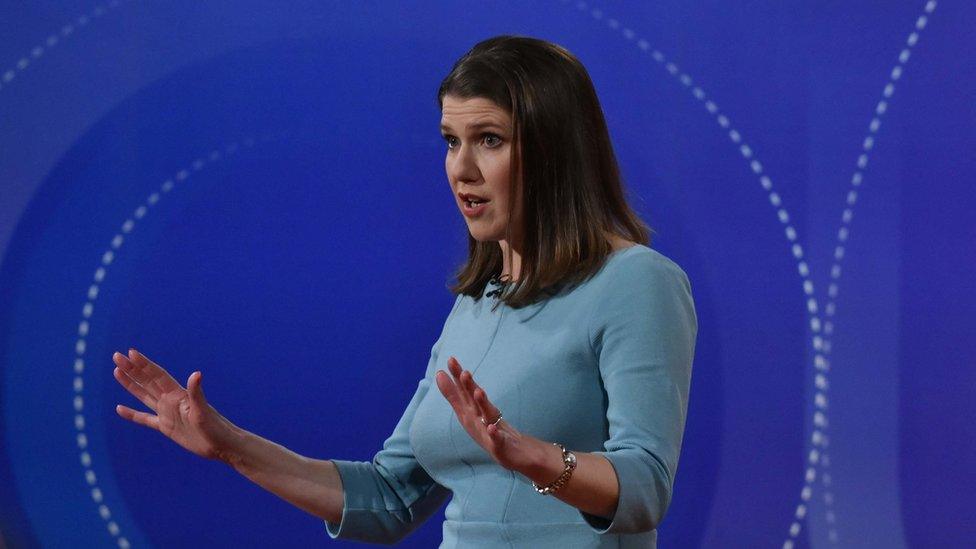How to watch the BBC Question Time under-30s special
- Published

On Monday evening, the BBC will be broadcasting a live Question Time special with an audience of 18 to 30-year-olds.
The debate, which is taking place in York, will last 90 minutes.
How can I follow the programme live?
The programme is hosted by Emma Barnett and starts at 20:30 GMT.
It will be televised live in the UK on BBC One, and streamed live on BBC iPlayer and the BBC News website, where you can also follow the latest reaction and analysis on our live page.
Who is taking part?
On the panel will be:
Conservatives: Secretary of State for Housing, Communities and Local Government Robert Jenrick
Labour: Shadow education secretary Angela Rayner
Liberal Democrats: Leader Jo Swinson
SNP: Humza Yousaf, Justice Secretary in the Scottish government
Plaid Cymru: Leader Adam Price
Green Party: Co-leader Jonathan Bartley
Brexit Party: Leader Nigel Farage
Three tips to win an election debate


What are the parties promising you?
Here's a concise guide to where the parties stand on key issues, including Brexit, education and the NHS.

How is the audience picked?
The audience will be selected by the Question Time production team to reflect how people of all ages in the country have voted. People apply online or by phone and will be asked about their past voting patterns and future voting intentions, whether they're members of political parties, and how they voted in the EU referendum.
The BBC aims to represent audiences across the UK during its election coverage, so while the audience will probably be broadly local to the venue, to ensure there are sufficient supporters of all the parties some will have travelled further.
You can read more about the BBC's election debates here, and the BBC's election guidelines here.
Who chooses the questions on the night?
The production team will ask audience members to submit questions and then choose the best and most representative of these - they'll ensure there is a range of political opinions among the questioners. The first time the panel hears each question is when the audience member asks it.
Throughout the programme, audience members are also given the opportunity to ask further spontaneous questions to the panel, or, of course, to make their own comments.

CONFUSED? Our simple election guide, external
POLICY GUIDE: Who should I vote for?, external

- Published29 November 2019
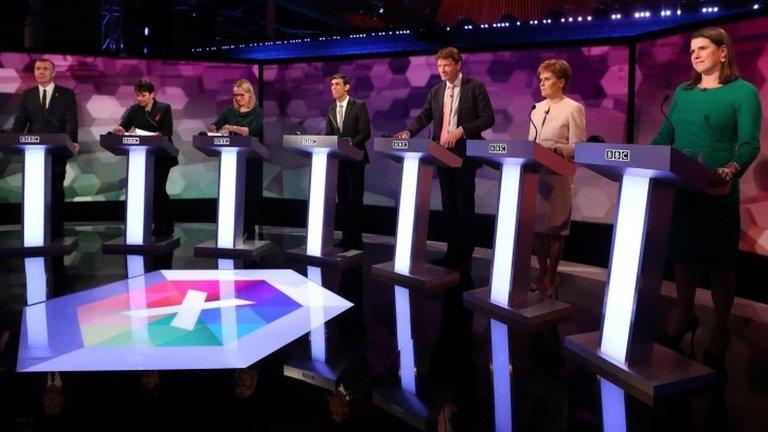
- Published27 November 2019
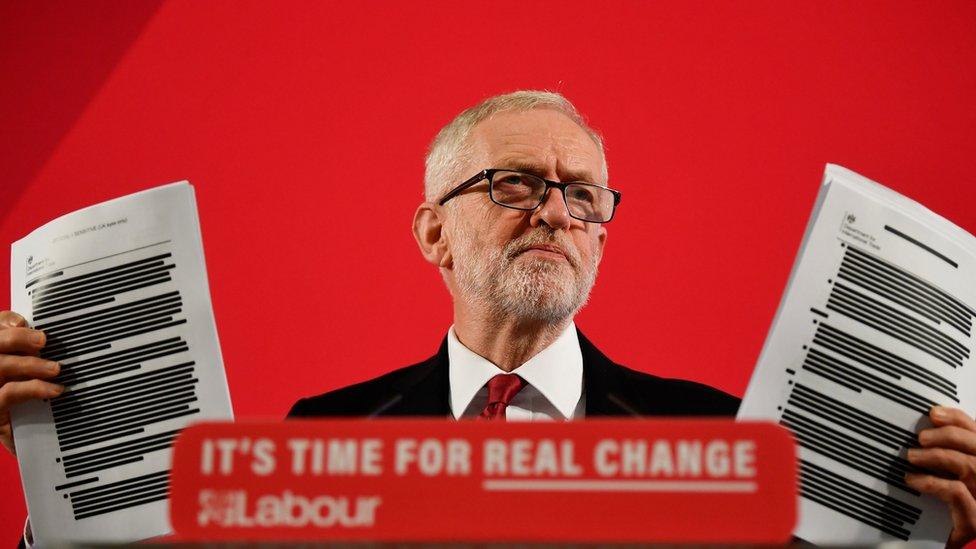
- Published27 November 2019
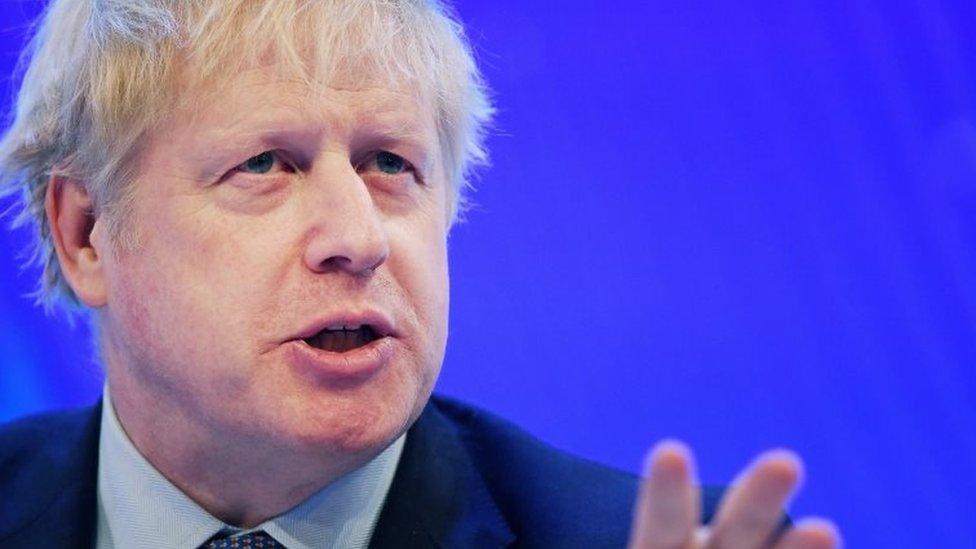
- Published26 November 2019
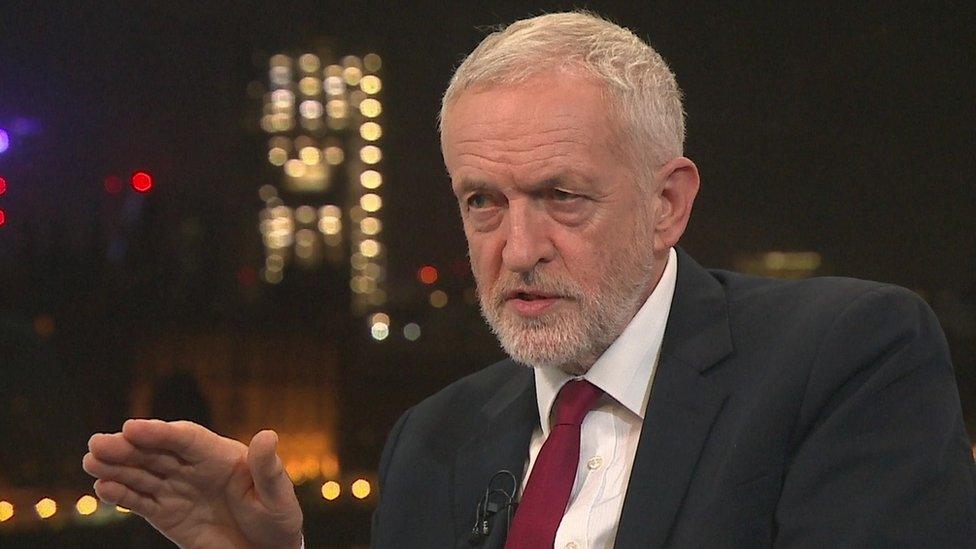
- Published22 November 2019

- Published22 November 2019
